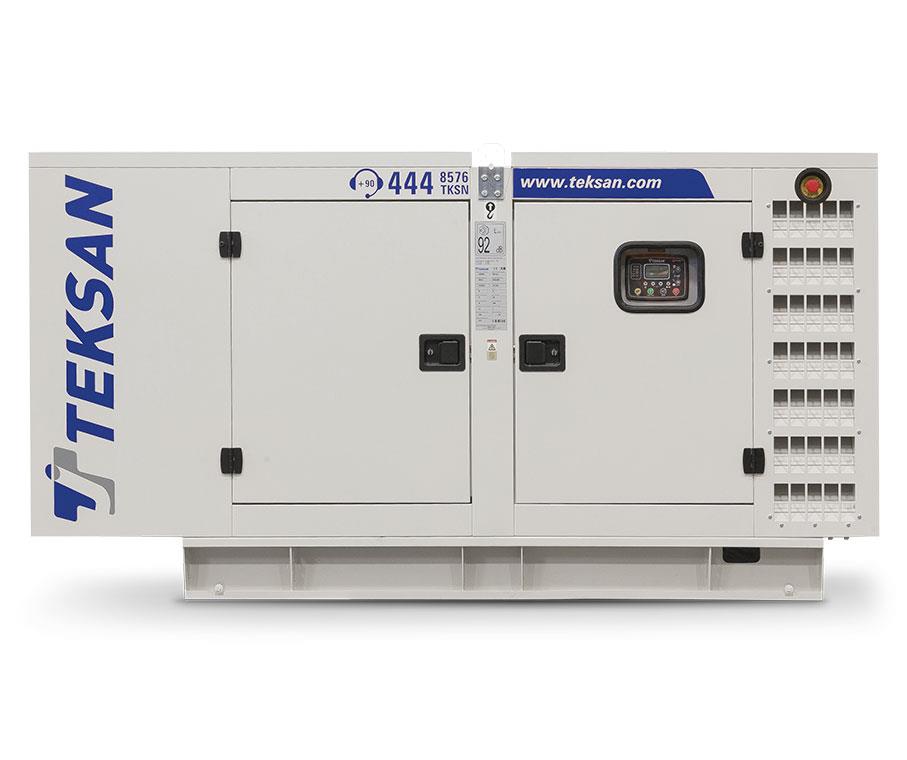Power generator are the unsung heroes of our modern world, providing a reliable source of electricity when the main grid fails or is unavailable. Whether it’s powering your home during a blackout, keeping businesses running during outages, or supplying electricity in remote locations, generators offer the flexibility and independence to stay connected and operational.
Types of Power Generators:
- Standby Generators: These permanently installed generators, typically powered by natural gas, propane, or diesel, provide automatic backup power during grid outages. They are ideal for homes and businesses that require uninterrupted electricity for critical operations or comfort.
- Portable Generators: As the name suggests, these generators offer portability and flexibility. They come in various sizes, powered by gasoline, diesel, or propane, and cater to diverse needs, from powering tools at construction sites to providing temporary electricity for camping trips.
- Inverter Generators: This advanced type of portable generator utilizes inverter technology to produce cleaner and quieter electricity compared to traditional models. They are well-suited for powering sensitive electronics and are popular for outdoor events and camping.
How Do Power Generators Work?
All power generators, regardless of type, share the basic principle of electromagnetism. Here’s a simplified breakdown:
- Fuel Source: The generator uses a fuel source like gasoline, diesel, or natural gas to create mechanical energy through combustion.
- Engine: The combustion process drives an internal combustion engine or a turbine, converting the mechanical energy into rotational energy.
- Alternator: This key component acts as the heart of the generator. The rotating shaft from the engine drives the alternator, which uses electromagnetic induction to convert the rotational energy into electrical energy.
- Voltage Regulator: This component ensures the output voltage from the generator remains stable and within the desired range for safe and efficient operation of your appliances or equipment.
Applications of Power Generators:
The applications of power generators are diverse and essential in various sectors:
- Homes and Businesses: As a reliable backup power source during power outages, generators ensure the smooth functioning of essential appliances and equipment, minimizing disruptions and downtime.
- Construction Sites: Generators provide temporary power for tools, lights, and equipment, allowing construction projects to continue uninterrupted.
- Remote Locations: In areas without access to the main grid, generators are the primary source of electricity for homes, communities, and essential services like healthcare and communication.
- Events and Entertainment: Generators supply power for sound systems, lighting, and equipment at outdoor events, concerts, and festivals.
Choosing the Right Power Generator:
Selecting the right generator requires careful consideration of your specific needs. Here are some key factors to ponder:
- Power Requirements: Determine the wattage needed to run your desired appliances or equipment. Ensure the generator capacity exceeds your total wattage requirement.
- Fuel Type: Consider the availability and cost of different fuels like gasoline, diesel, or propane, and choose the option that best suits your budget and accessibility.
- Portability: If mobility is important, choose a generator with a manageable size and weight that aligns with your transportation and storage needs.
- Noise Level: Noise can be a concern, especially in residential areas. Opt for a quieter generator model if noise is a factor.
Power generators provide an invaluable solution for maintaining power and continuity in various situations. Understanding their types, functionalities, and selection considerations empowers you to choose the right generator to meet your specific needs, ensuring you have the power to navigate any situation and keep the lights on. https://www.teksan.com/en/diesel-generator/



